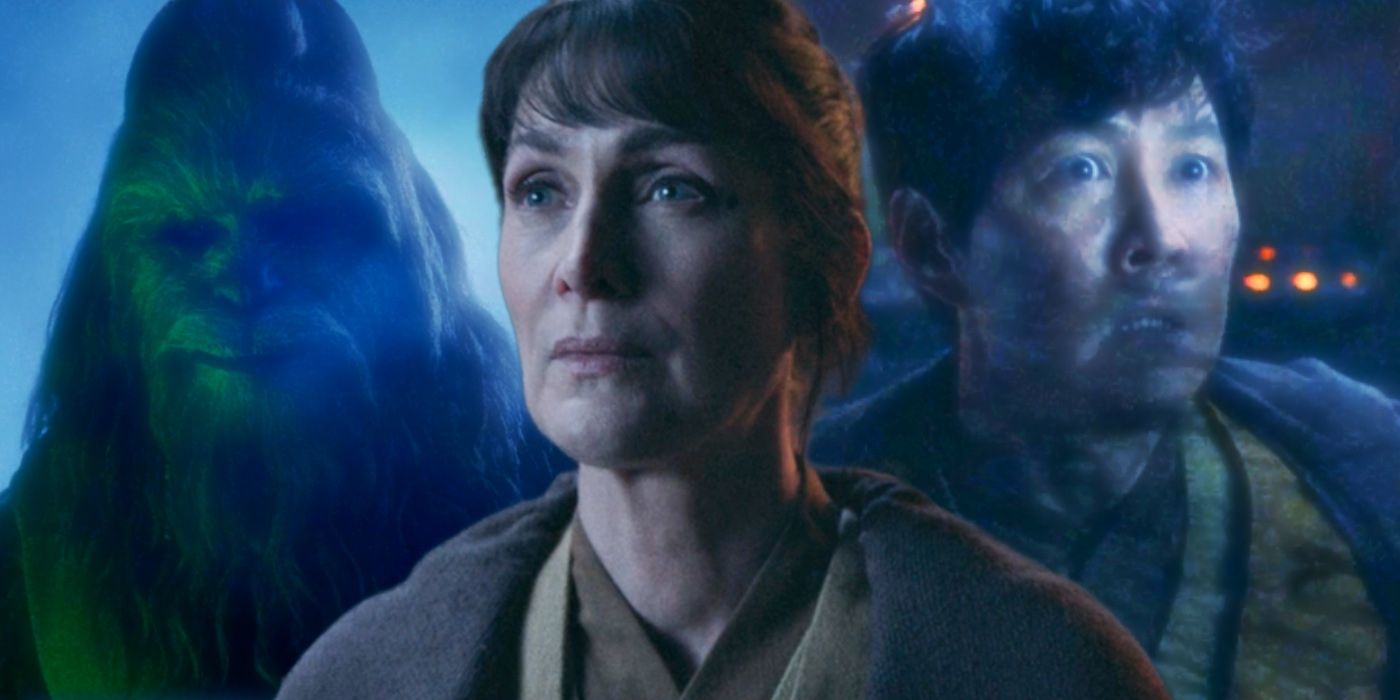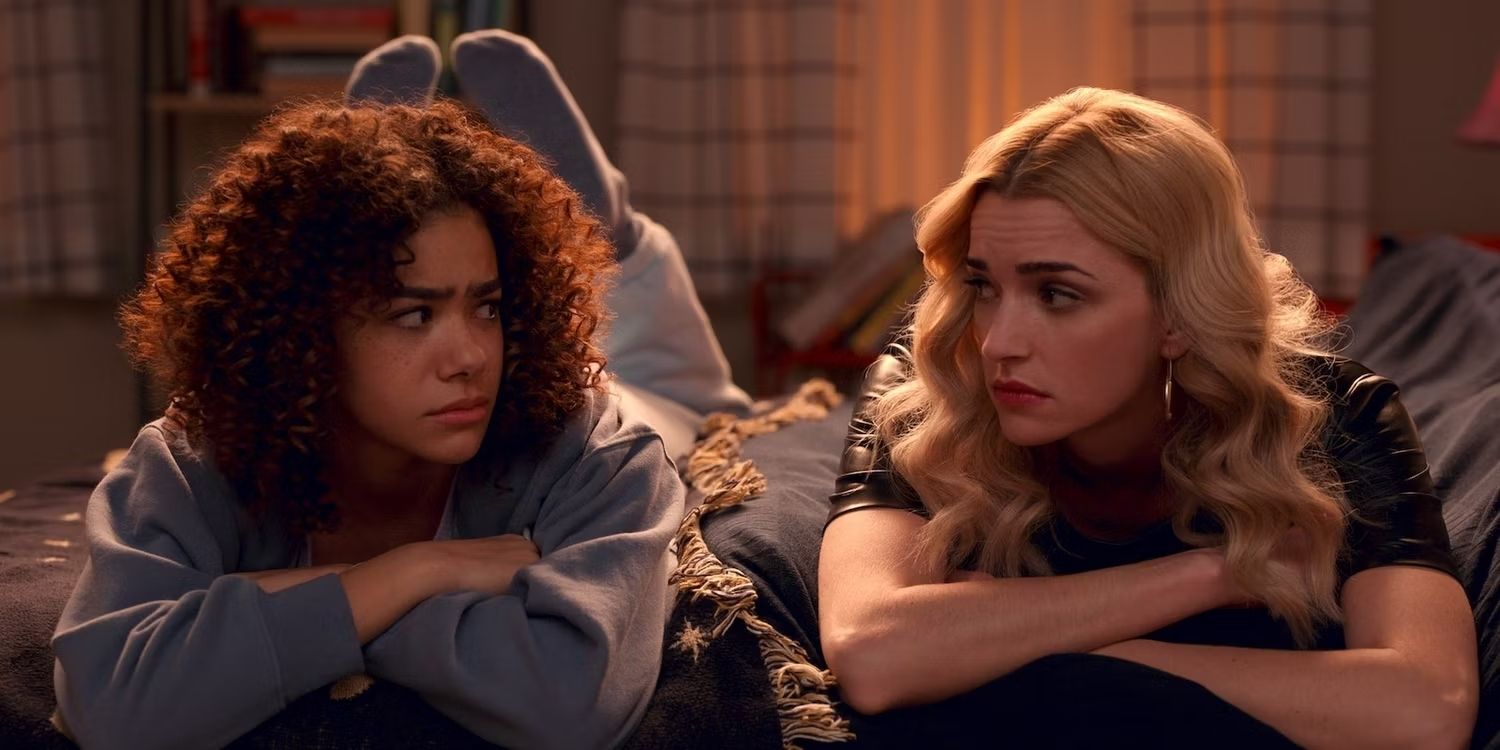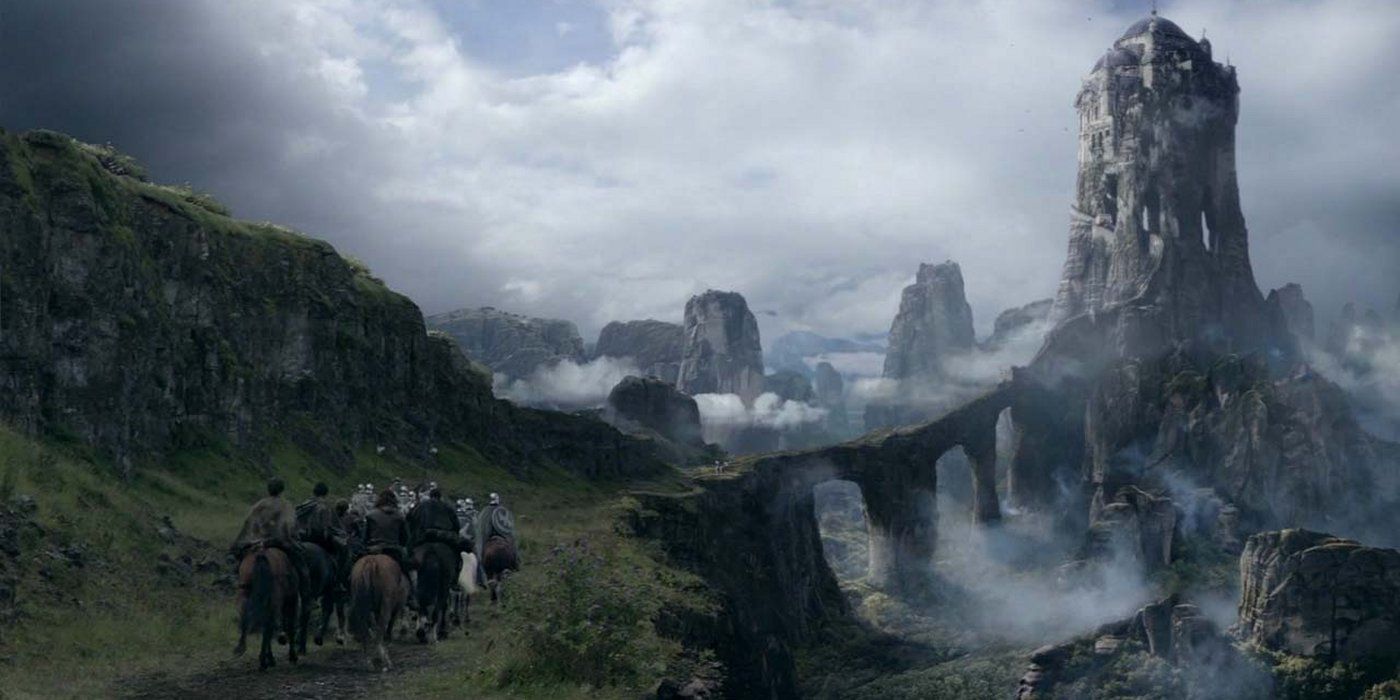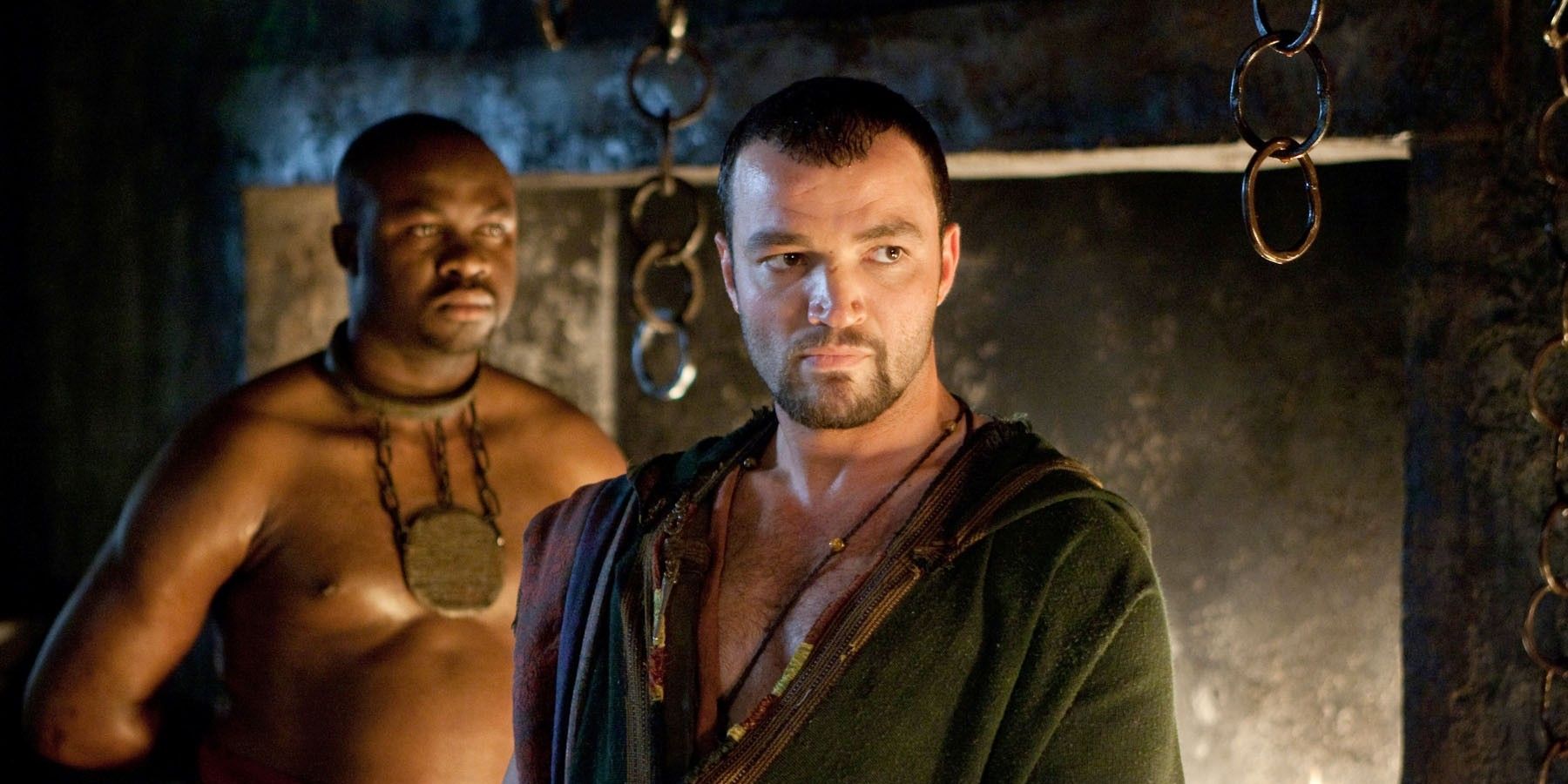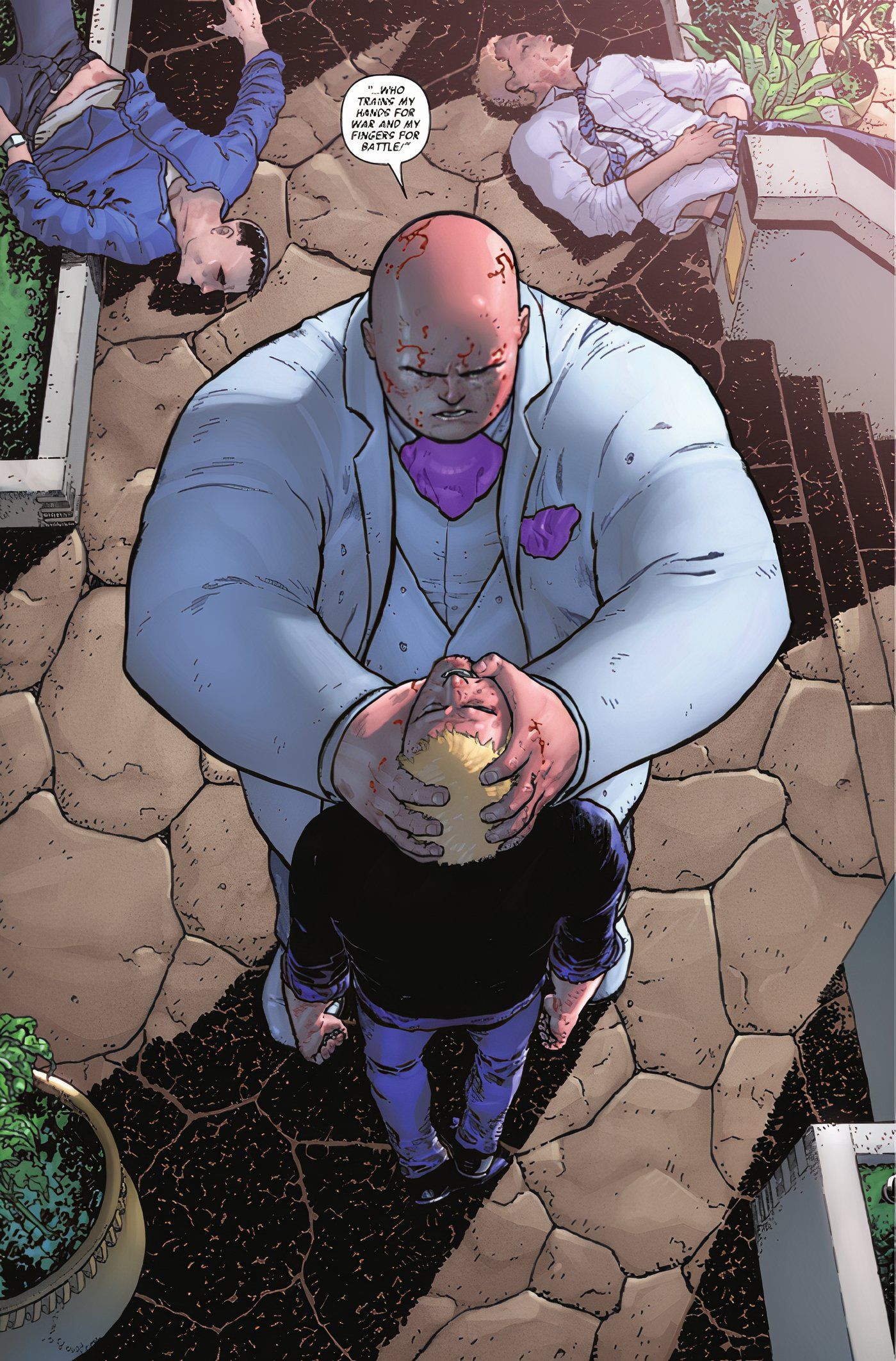Science fiction has presented us with some of the most interesting stories ever. From exploring the horrors of space to the wonders of time travel, sci-fi has given us many memorable moments and characters whose existence we can only dream about. Cyborgs gone rogue, aliens living among us or ordinary people gaining special abilities after contact with the unexplained.
Sci-fi is full of familiar tropes and themes that get trotted out time and again. Here are ten such tropes, some of which are still able to say something new about the world we live in, while others are relics of a tired past and need to retire.
Timeless: Human Incubators
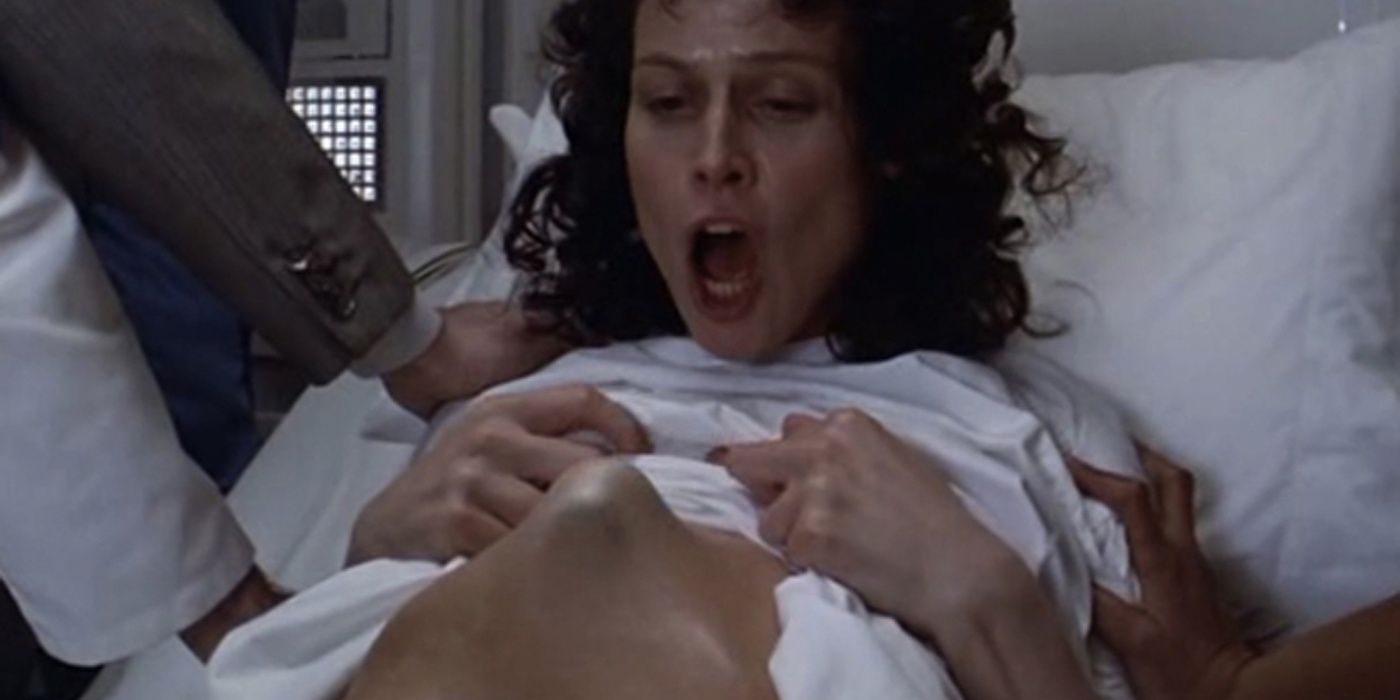
The plot is progressing innocently enough when suddenly a character keels over, complaining of intense stomach ache. Soon a grotesque movement is detected in the abdomen of the character, and a vile alien creature comes bursting out of the stomach. Cue shock, horror, and nausea.
The word “Alien” literally means “Other,” and to have such a creature that is not of this world not only among us but actually living inside us is one of the most horrifying scenarios a sci-fi character can face, as seen in the movie Alien or more recently Venom.
Needs to Die: Genius VS Super-duper Genius
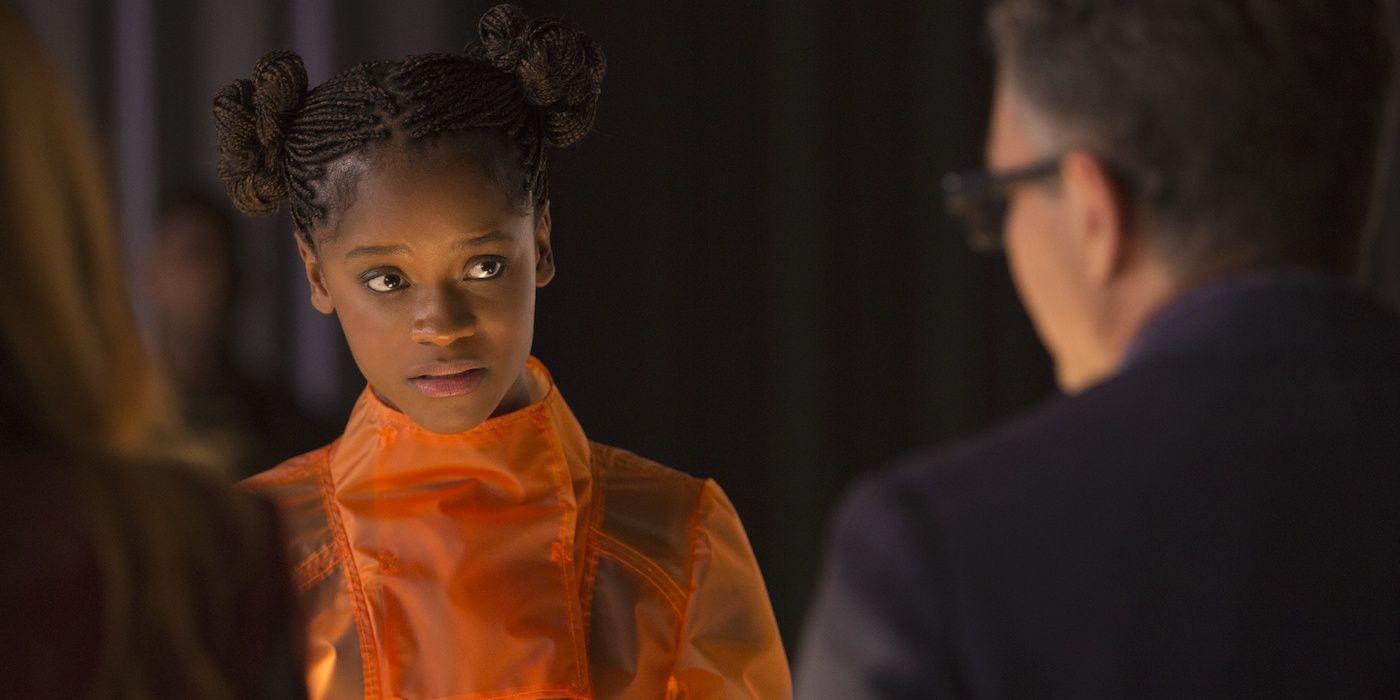
Remember in the MCU how Tony Stark and Bruce Banner was established as among two of the smartest men on Earth for the longest time? Then Shuri showed up and made Banner look like an idiot by solving a problem relating to Vision’s physiology in seconds that had stumped Tony and Bruce for years. The filmmakers also confirmed that Shuri is several leagues above Tony and Bruce in terms of intelligence. The same thing happened in Sherlock, even though it isn’t technically sci-fi, where Sherlock is established as a genius, then Mycroft is established as far smarter than him, and finally, their sister Eurus comes along and makes them both seem like simpletons in comparison.
Such tremendous gulfs in intelligence don’t actually exist in real life, and randomly creating a new character who is “way, way smarter” than already established geniuses is a cheap narrative device used to hype up the new character at the expense of making the earlier characters look like fools.
Timeless: Cryosleep
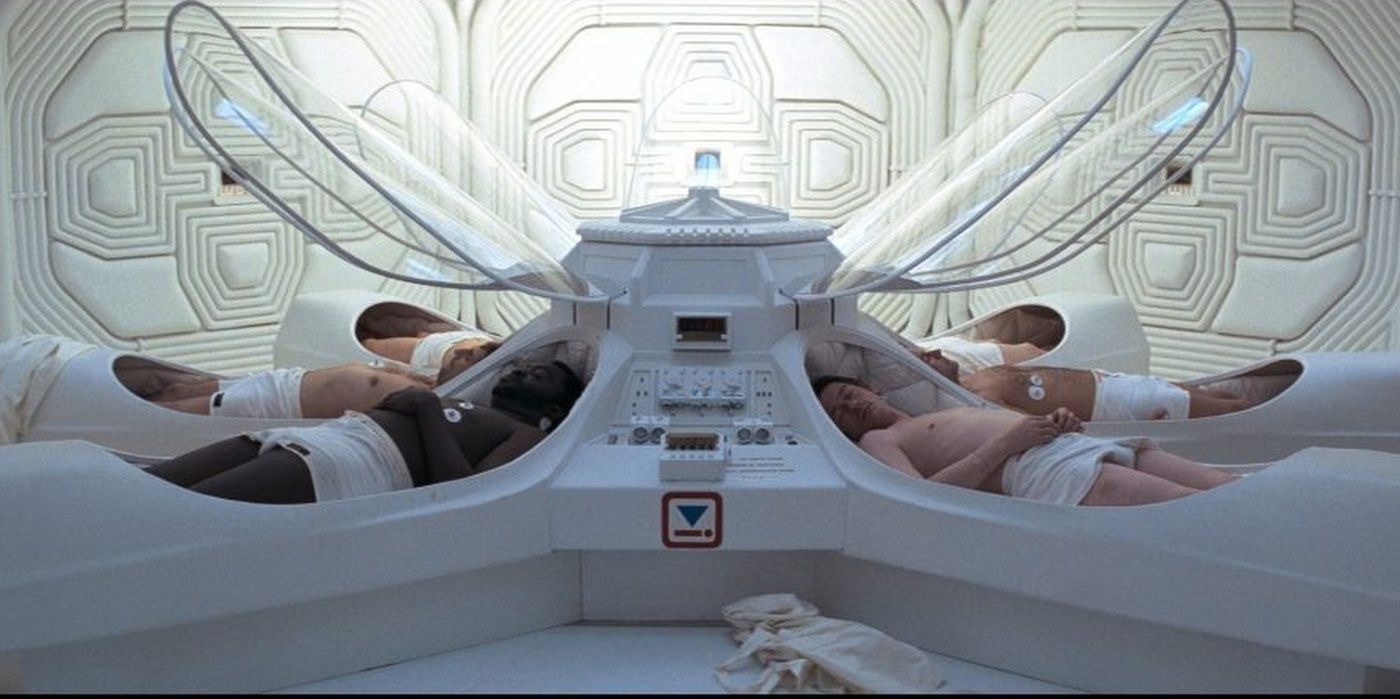
The universe is an impossibly vast place, and traveling the stars would make for a very boring story if it had to include the tens and hundreds of years it would take to travel to other galaxies. Fortunately, putting the characters in cryogenic sleep is a handy way to cut through all that time and go from the start of the journey directly to the end where the characters enter a new world.
As a bonus, the sleep often has an interesting side effect on the plot, from making a character lose their memory, lose command over their body, accidentally end up in the wrong location or time frame, or find themselves dealing with any number of interesting, unexpected developments that occurred while they were asleep.
Needs to Die: Everything Is A Simulation/Dream
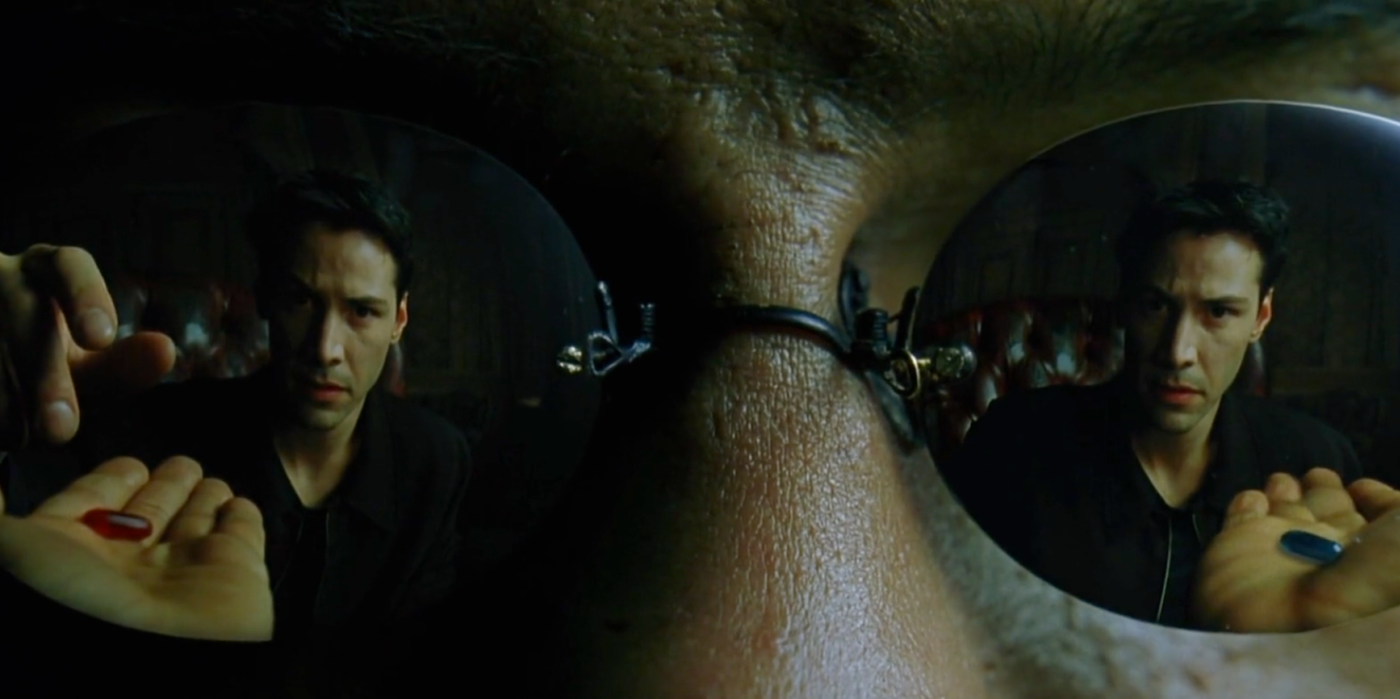
“It was a dream all along!” stopped being a mind-blowing revelation sometime in the ’90s. Nowadays, it’s often a cheap plot device used to make all kinds of interesting/disturbing events take place that can be hand waved away as part of a dream/simulation that does not affect the actual plot.
The few stories that use the trope well, like Inception, are upfront from the start about the characters being in a dream instead of saving it for some kind of last-minute twist.
Timeless: Ancient Astronauts
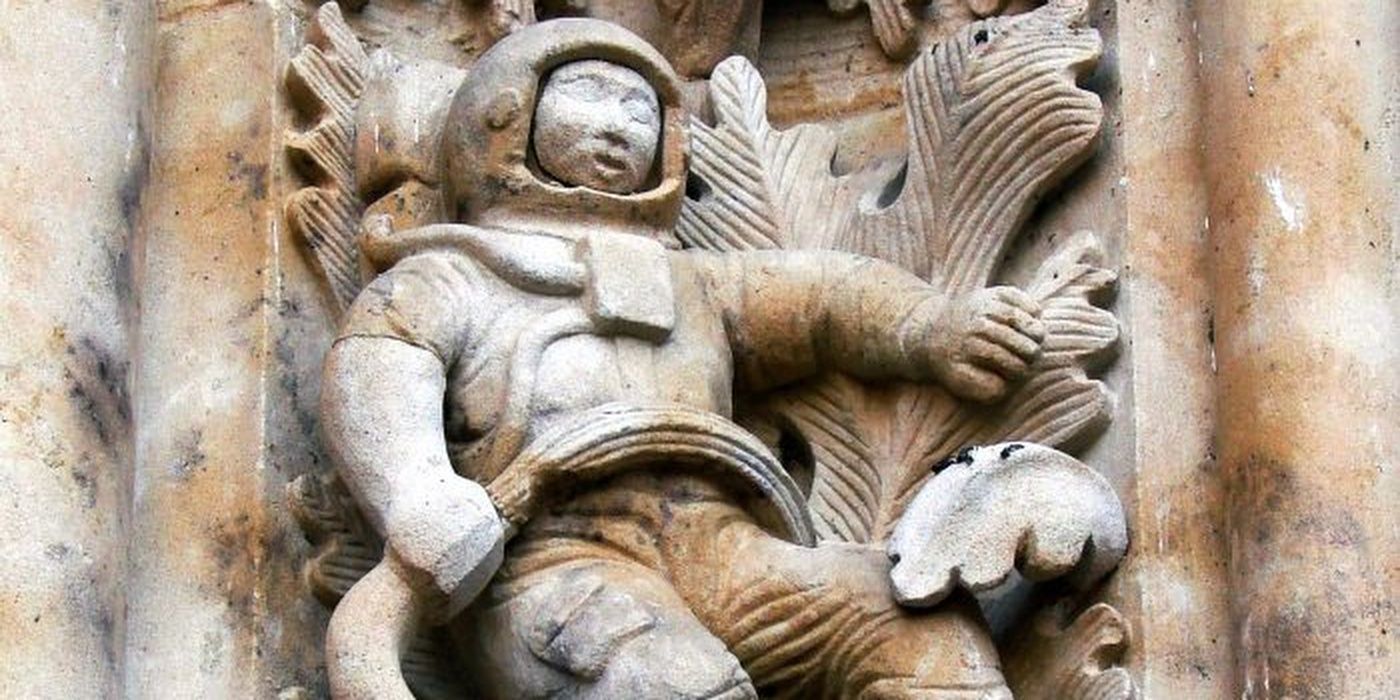
Finding out that aliens have visited our planet in the past can be great way to connect the story of Earth from the past to whatever current predicament the characters of the story are facing. Maybe the aliens were responsible for creating life on Earth. Maybe they hid something on the planet. Maybe they have been secretly influencing our history for untold eons. The possibilities are endless, and allow the best sci-fi narratives to anchor to the past, as opposed to only occurring in some nameless future, as is usually the case with most science fiction stories.
Needs to Die: Aliens Are Us, But Green
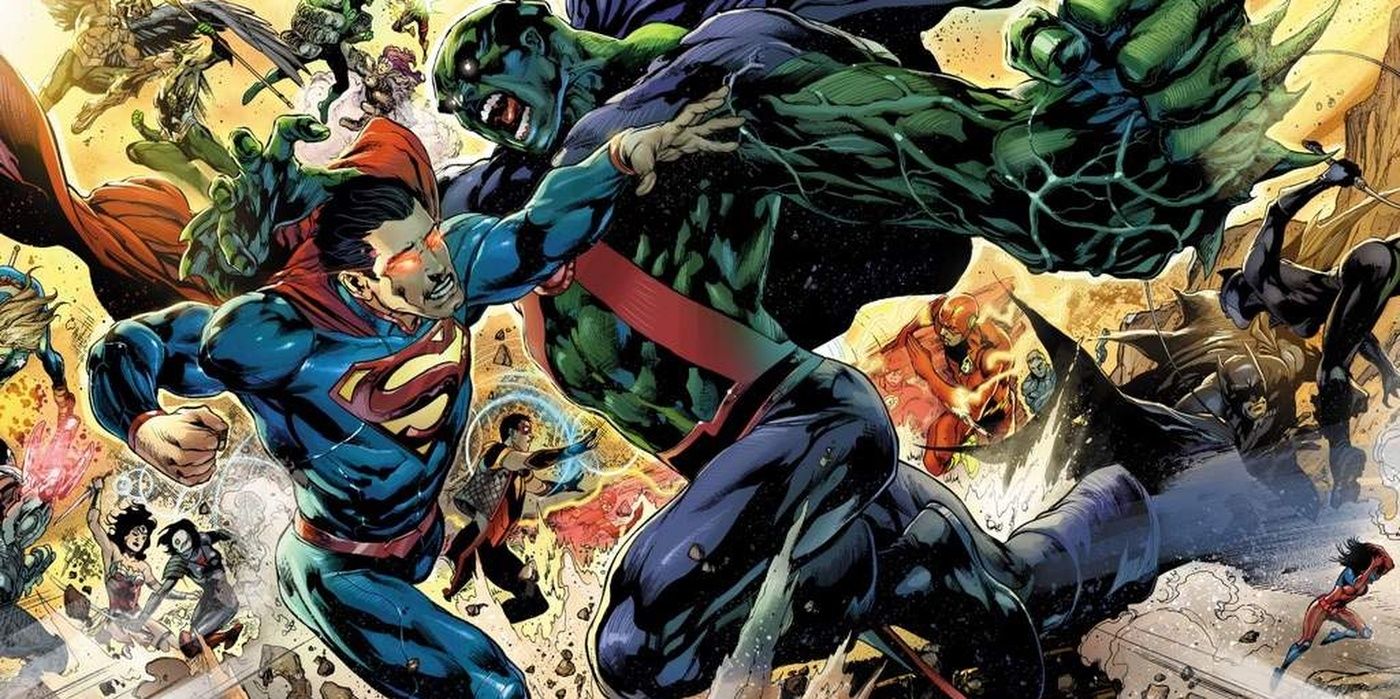
How many times have you seen an alien in a sci-fi setting who appears and behaves just like us, but with minor cosmetic differences? It is hard to believe that a species that belongs to an entirely different planet, with completely different biological origins, and far greater scientific advancements than us, enabling them to visit our planet, would have the exact same mental capacity, motivations, and weaknesses as ordinary humans. A lot of such stories make do with giving the aliens a look and feel similar to an existing, exotic culture that exists on Earth instead of trying to explore how life on other planets would differ from Earth, which is what the best sci-fi stories attempt to do.
Timeless: Alternate Realities
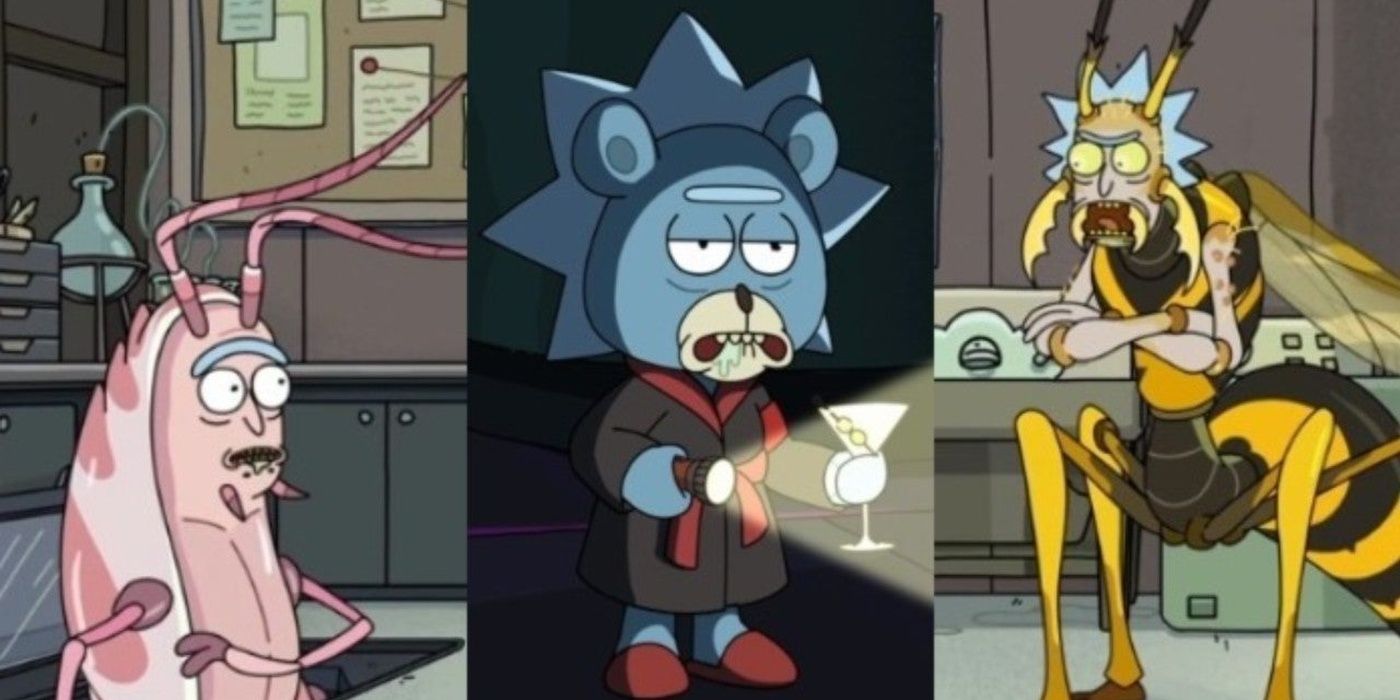
One of the most intriguing concepts in science is the multiverse: infinite alternate realities existing side by side, each exploring a new fork in the map of reality created by each new choice or random change in the universe. Alternate realities in sci-fi allow us to explore multiple sides to the same story, some of which are good and hopeful, while others are dark and horrifying. This is different from the “It was all a dream” trope, since each of those realities is as real and valid as the others.
Needs to Die: Alien Rock/Goop/Device
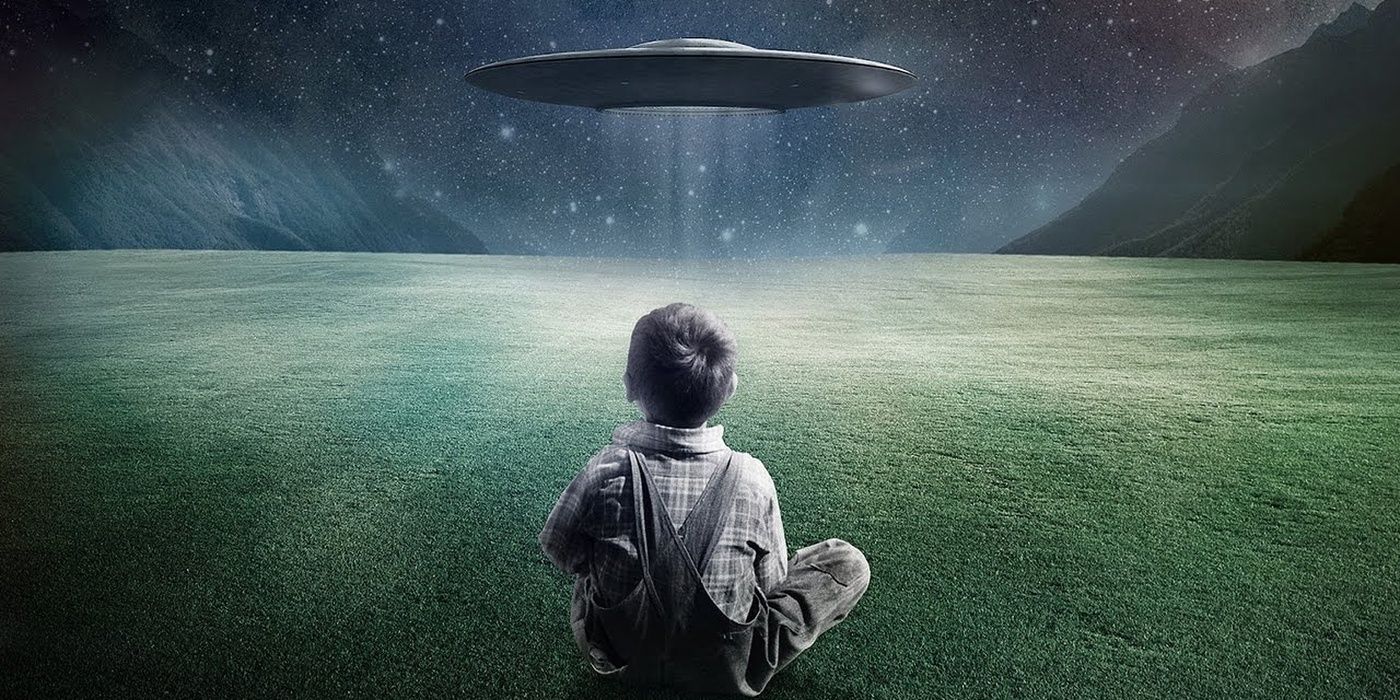
Sci-fi stories about superhumans are filled with mysterious objects that exist solely in order to grant superpowers to ordinary humans. Like an alien rock found on earth, or an alien device found in an abandoned ship, or a lake with mysterious, alien radiation. The problem with a lot of these plot devices is they are treated like magical objects straight out of a fantasy rather than sci-fi.
The origins behind the device are rarely explored, or the potential negative effects of coming into contact with them. They might as well be the product of a wizard waving his magic wand rather than the creation of a sophisticated alien race.
Timeless: The Cracks in the System
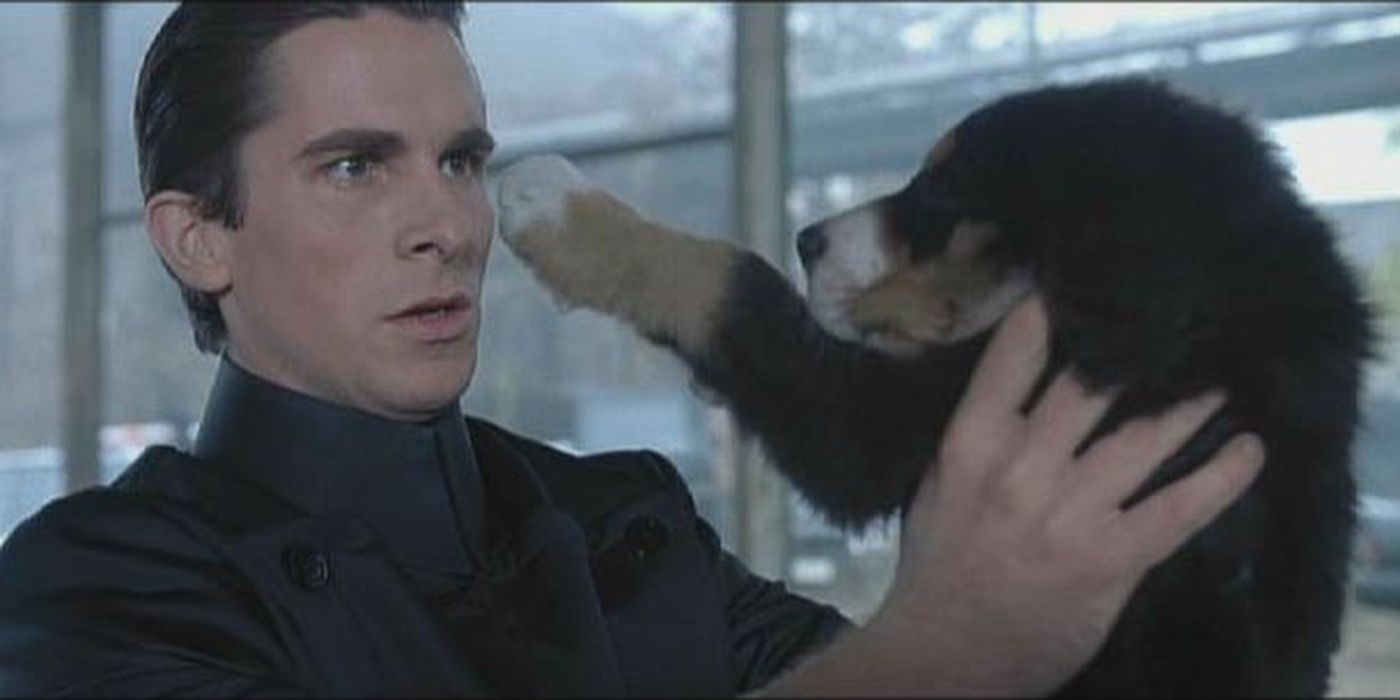
Most societies in sci-fi films start out looking perfect. But then the protagonist slowly starts noticing the cracks in the system. The absence of free will. Or the suppression of individual voices. Or the absolute power wielded by a faceless government entity. These cracks grow bigger as the story progresses until the protagonist realizes their perfect society is deeply flawed and rises up in revolt against the system. Such narratives are the purest expressions of the Individual VS Tribe narrative that philosophical treatises have explored since the dawn of civilization.
Needs to Die: Destroy An Entire Army With A Single Blow
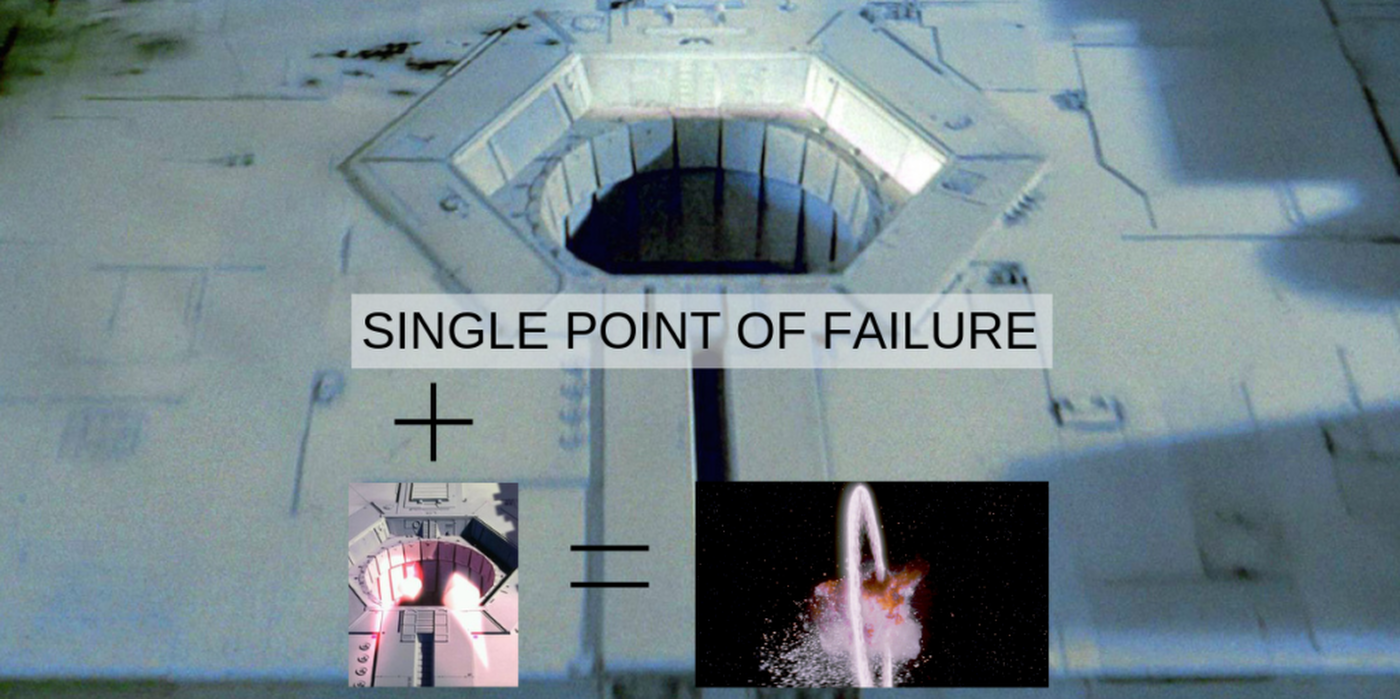
Once the hero rises in revolt, it is time to destroy the giant, faceless hostile entity. And this is often surprisingly easy. In both the Avengers movie and it’s sequel, killing the main villain immediately caused his giant army to also get shut down. Likewise, in a lot of sci-fi, the final fight between a small, plucky rebel group and the much more powerful, better prepared and more experienced villains ultimately comes down to one hugely lucky and entirely circumstantial blow that the heroes manage to strike against the enemy that miraculously ends the fight in an immediate victory. And that is simply not how actual wars pan out.
